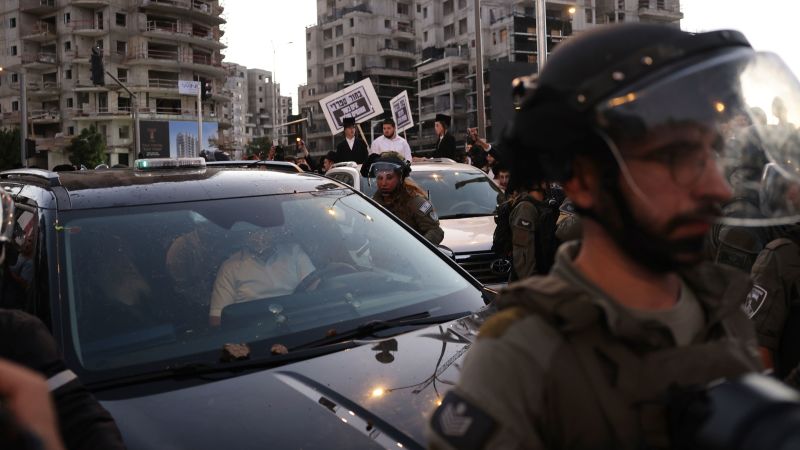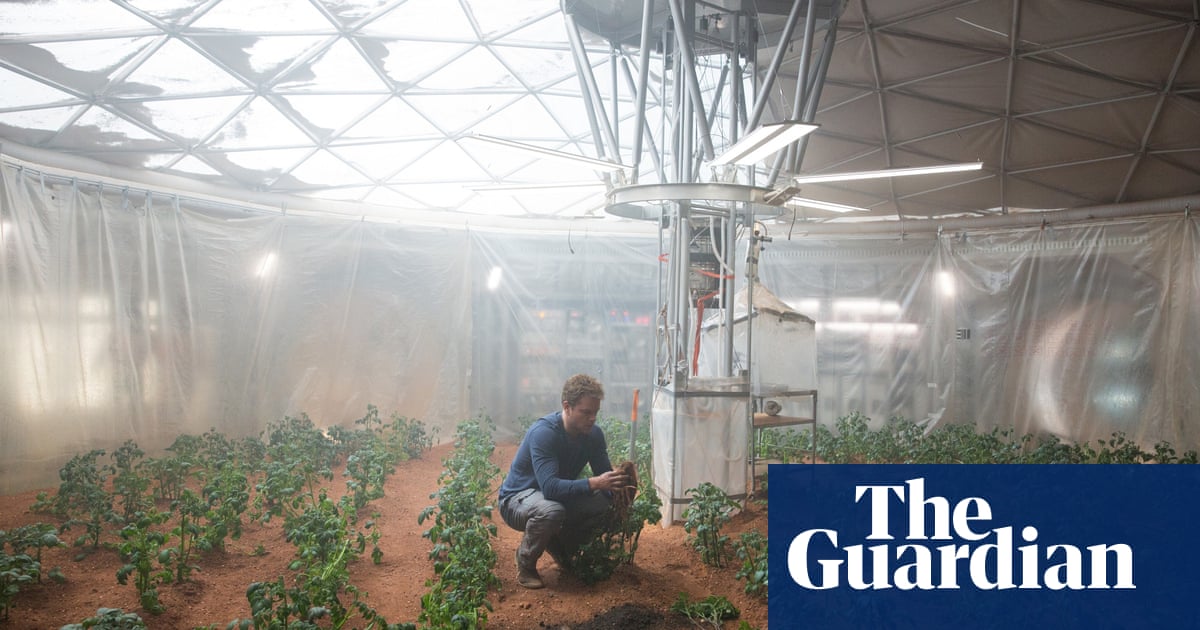Survivors of a pro-democracy uprising in South Korea and their immediate family are not exempt from military service and are not “taking up all civil service and private sector jobs” in the East Asian country, contrary to social media posts shared repeatedly on Facebook. The posts criticised the uprising’s survivors, who are entitled to certain state benefits in employment, education, and welfare. While there is no official breakdown of the number of survivors who are employed in these sectors, the latest government figures indicate that the proportion of employees in both the public and private sectors receiving such state benefits was less than one percent.
The misleading claims about survivors of the 1980 Gwangju uprising — who are entitled to certain state benefits or “merits” along with their spouses and children — were shared in a Korean-language post on Facebook on January 30, 2024 (archived link).
“The aristocratic lifestyle of May 18 merit recipients,” the poster said, referring to the date in 1980 when demonstrators protested against South Korean dictator Chun Doo-hwan’s declaration of martial law and confronted his troops in Gwangju. Around 200 people were killed or went missing during the uprising, according to official figures, but activists say the toll may have been three times as many.
The poster alleged that the uprising’s survivors were “sweeping up all jobs from the civil service to large corporations”.
Branding them “leftist traitors”, it went on to misleadingly claim the 1980 uprising’s survivors were all “exempt from mandatory military service” and could instead opt to do an alternative form of public service work for six months.
“I can’t stand the sight of these people,” reads the Korean-language caption alongside the poster.
The same poster was shared alongside a similar misleading claim here, here and here on Facebook. Similar claims about Gwangju uprising survivors have circulated since at least 2017.
In 2023, the city government of Gwangju warned of legal action against those spreading the “unfounded” claim (archived link).
Military service claim
Able-bodied men in South Korea can be exempted from mandatory military service if they meet certain legal criteria, such as being the sole provider for their family; winning a medal in the Olympics; and clinching gold in the Asian Games (archived links here, here and here).
Those who are granted an exemption must instead undertake 26 months of public service in the community or opt to have six months reduced from active duty, which can range up to 21 months.
This rule also extends to one child or sibling of each South Korean soldier killed or severely injured on duty, or a police officer who died or sustained a serious injury in war.
However, according to South Korea’s Ministry of Patriots and Veterans Affairs, not all merit recipients are granted a special exemption from military service (archived link).
The children of Gwangju uprising survivors are also not eligible for special exemptions, the ministry’s official blog says.
Employment cap
Since 2005, there has been a legal cap on the proportion of national merit recipients — who qualify for “bonus points” in support of job applications — that can be hired for jobs in both the public and private sectors (archived links here and here.)
Currently set at 30 percent, it is designed to prevent merit recipients from dominating employment opportunities, as outlined by the law shown below:

Korea Ministry of Government Legislation
There are no official figures for the number of 1980 uprising survivors, or their children, who are employed in either the public or private sectors.
However, official government figures show that only a tiny proportion of new hires in the years 2018 to 2022 were people receiving state merits.
In 2022, 83,142 of them were recorded to have secured jobs across the public and private sectors. This represented about 0.3 percent of the 28,089,000 hires in the country that year (archived links here and here).
According to AFP’s analysis of figures from government agency Statistics Korea and the Ministry of Patriots and Veterans Affairs, the proportion of jobs secured by merit recipients has consistently remained in the range of 0.30 to 0.31 percent (archived link).

Statistics Korea
Additional data from the city government of Gwangju showed uprising survivors who entered the workforce in 2022 accounted for only about 1.2 percent of all merit recipients employed across the country that year (archived link).

Abhinav Thawait is a globe-trotting correspondent with a passion for international affairs. With a background in international relations, he offers a global perspective on the most pressing issues around the world. Abhinav’s curiosity takes his to the far corners of the earth, where he seeks to share untold stories and diverse viewpoints.








